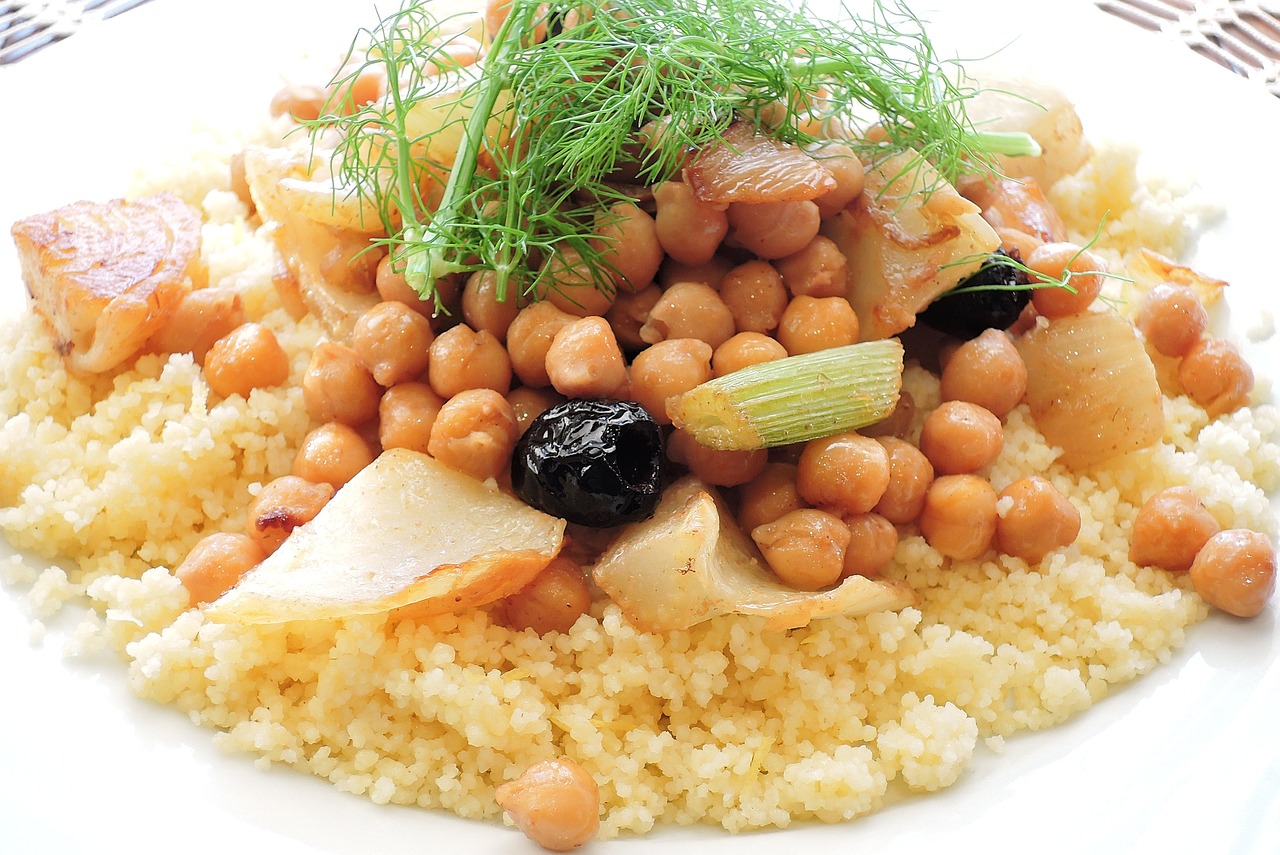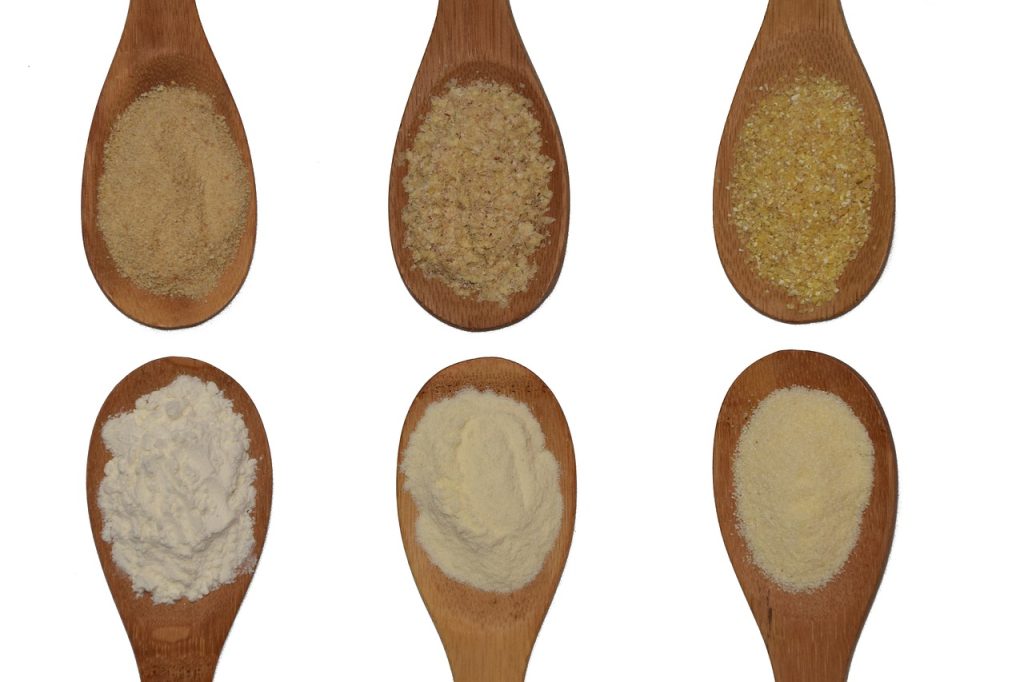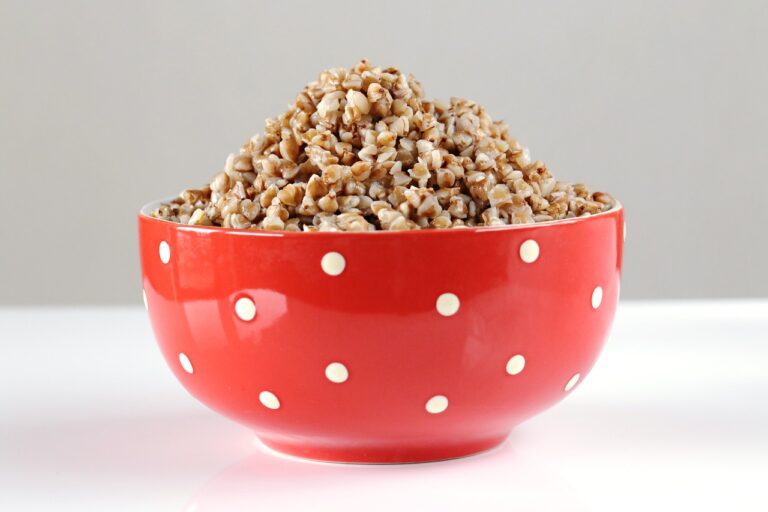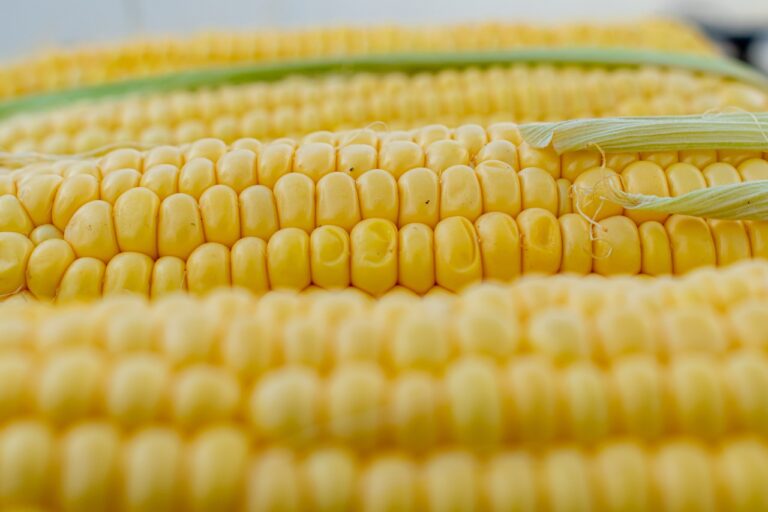Is Couscous Low FODMAP? A Concise Analysis
Couscous, a staple food in many North African and Middle Eastern countries, has grown in popularity across the globe for its versatility and ease of preparation.
However, those following a low-FODMAP diet for better management of irritable bowel syndrome (IBS) may wonder – is couscous low FODMAP?
The answer is that couscous is considered to be high in FODMAPs (Fermentable Oligosaccharides, Disaccharides, Monosaccharides, and Polyols). FODMAPs are a group of carbohydrates that may be difficult for some people to digest, particularly those with irritable bowel syndrome (IBS) or other digestive sensitivities.
What Is Couscous?
Couscous is a popular food staple that originated in North Africa. It is a type of pasta made from crushed and steamed semolina, which comes from durum wheat. Couscous has a unique, slightly chewy texture and is commonly served as a side dish or as a base for flavorful sauces, vegetables, and proteins.
Types of Couscous
There are different types of couscous available, with varying sizes and shapes. The most common type is Moroccan couscous, which consists of tiny, granular pellets.
Another popular variety is Israeli or pearl couscous, featuring larger, ball-shaped particles. Lastly, Lebanese couscous, also known as moghrabieh, consists of even larger pellets and requires more extended cooking time.
Preparation
Couscous is versatile and can be easily prepared using boiling water or a flavorful broth. Seasonings and spices can be added to enhance its taste. Due to its mild flavor and adaptability, couscous is used in a wide range of dishes, including salads, soups, stews, and even desserts.
Also Read: Is Seaweed Low FODMAP?
Is Couscous Low FODMAP?
No. Since couscous is a grain-based food, it is not suitable for a low-FODMAP diet. Most types of couscous contain high FODMAPS so it may be best to avoid all. Alternative grains, such as quinoa, can provide nutritious low-FODMAP choices.
It is essential to understand that most types of couscous are made from durum wheat, which contains high levels of fermentable carbohydrates. As a result, it may not be suitable for individuals with irritable bowel syndrome (IBS) following a low FODMAP plan.
Low FODMAP Couscous Alternatives
This section will explore three popular low FODMAP substitutes: quinoa, brown rice, and buckwheat.
Quinoa
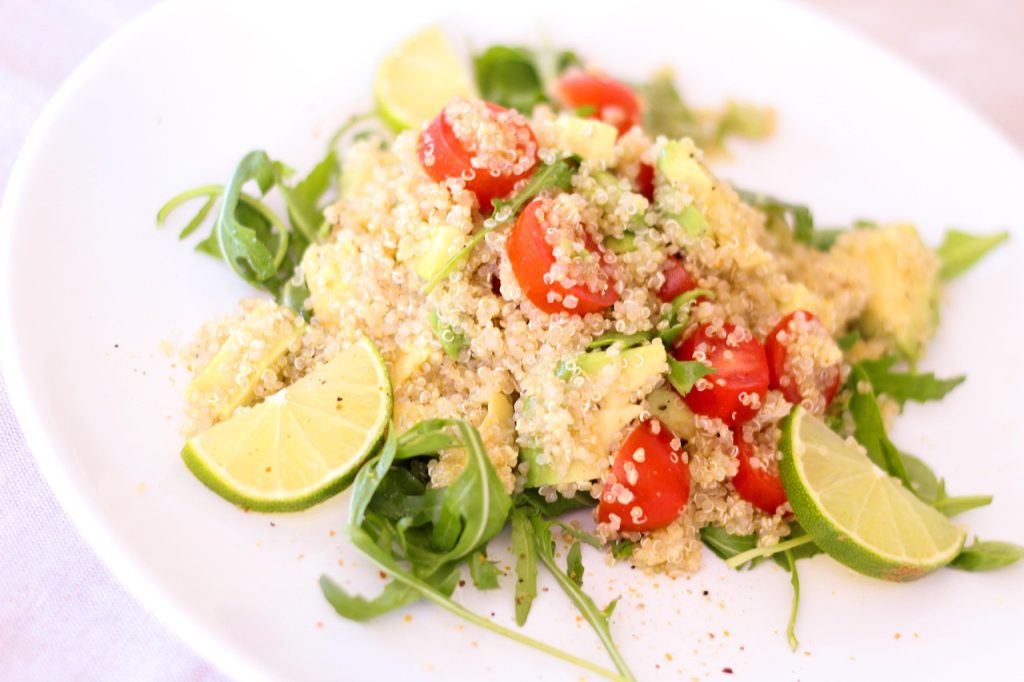
Quinoa is a versatile and nutritious option for those seeking a low FODMAP couscous alternative. This protein-rich seed is naturally gluten-free and offers a range of essential nutrients, including fiber, magnesium, and iron. Cooking quinoa is simple and similar to preparing rice, making it an easy substitute in recipes that call for couscous.
There are various types of quinoa available, with the most common being white, red, and black quinoa. All are suitable for a low FODMAP diet, though it’s essential to monitor portion size to ensure that individual tolerances are not exceeded.
Brown Rice
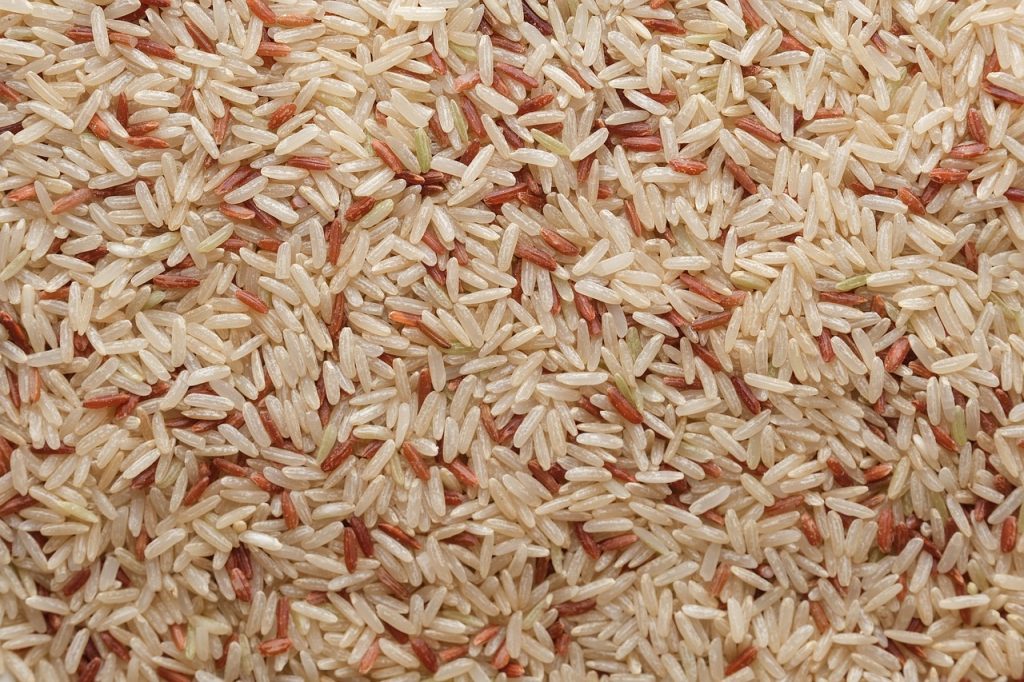
Another excellent low FODMAP option is brown rice, which provides a nutty, chewy texture that works well in place of couscous. Brown rice is rich in vitamins and minerals, such as manganese, selenium, and magnesium. Furthermore, it contains more fiber than white rice, making it a potentially better choice for gut health.
It’s essential to follow proper cooking instructions for brown rice to achieve the best result. Use a 1:2 ratio of rice to water, and cook for about 45 minutes on low heat. To ensure that brown rice remains a low FODMAP-friendly choice, stick to the recommended serving size of approximately 1 cup (cooked).
Buckwheat
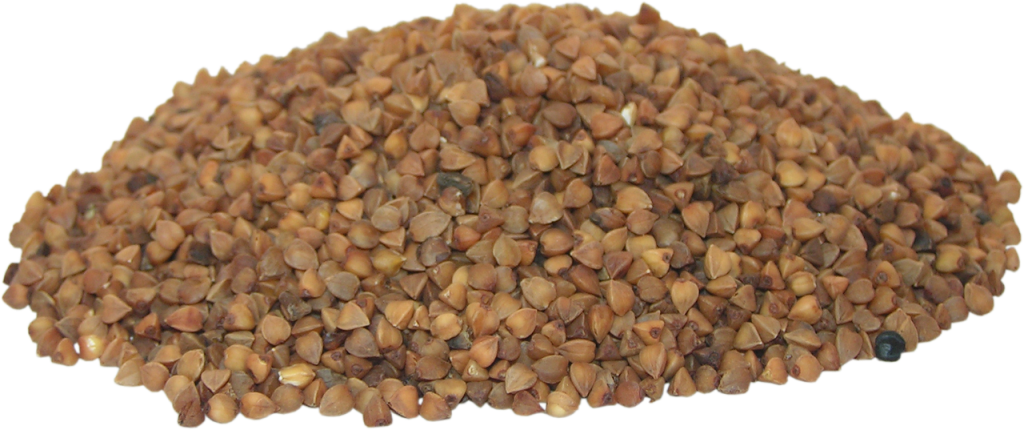
Despite its name, buckwheat is not a grain but a seed, making it a suitable low FODMAP alternative to couscous. Additionally, buckwheat is gluten-free and rich in nutrients like manganese, magnesium, and copper. Its distinctive nutty flavor and hearty texture can add variety to dishes typically made with couscous.
Buckwheat can be cooked similarly to rice, using a 1:2 ratio of buckwheat to water, and cook for about 20 minutes on low heat. Pay attention to portion sizes, as larger servings may trigger IBS symptoms in some individuals.
Frequently Asked Questions
What are the best low FODMAP grain alternatives?
There are several grain alternatives for individuals following a low FODMAP diet. Some popular options include brown rice, quinoa, millet, and gluten-free oats.
These grains, when consumed in moderate amounts, can provide essential nutrients without triggering digestive issues related to high FODMAP foods.
Does couscous cause digestive issues?
Couscous is not recommended for individuals following a low FODMAP diet, as it may contain fermentable carbohydrates that can exacerbate symptoms in some people with irritable bowel syndrome (IBS).
If you are sensitive to high FODMAP foods, consuming couscous may cause digestive issues like bloating, gas, and abdominal discomfort.
How does quinoa compare to couscous in terms of FODMAP?
Quinoa is a more suitable option for those following a low FODMAP diet due to its lower levels of fermentable carbohydrates compared to couscous.
It is a versatile and nutrient-rich grain that can be used as a substitute for couscous in various recipes. Not only is quinoa considered low FODMAP, but it is also packed with essential amino acids, fiber, and minerals, making it a nutritious alternative for individuals with IBS or other digestive sensitivities.
Conclusion – Is Coscous Low FODMAP?
No, traditional couscous is not low FODMAP due to its durum wheat content and could cause digestive issues for those with IBS or sensitivities to high FODMAP foods. Go in for gluten-free and low FODMAP grain alternatives to couscous such as brown rice or quinoa. These can provide a more suitable option for individuals following a low FODMAP diet.

Jane Porter is an architect that like many others, had her life significantly impacted by digestive problems for many year. Trying to find a solution to her digestive problem, she came across the low FODMAP diet, a scientifically-backed approach designed to alleviate symptoms associated with irritable bowel syndrome (IBS) and other digestive disorders.

